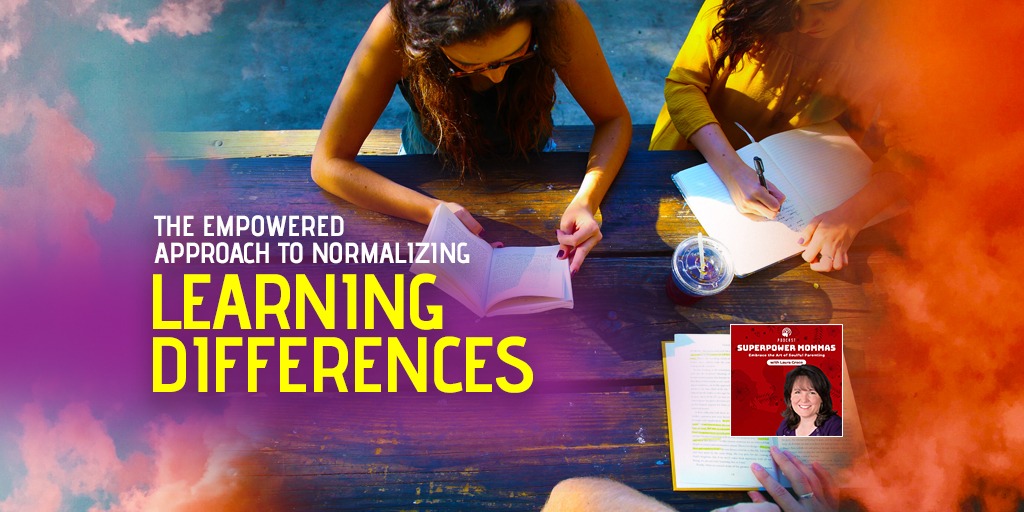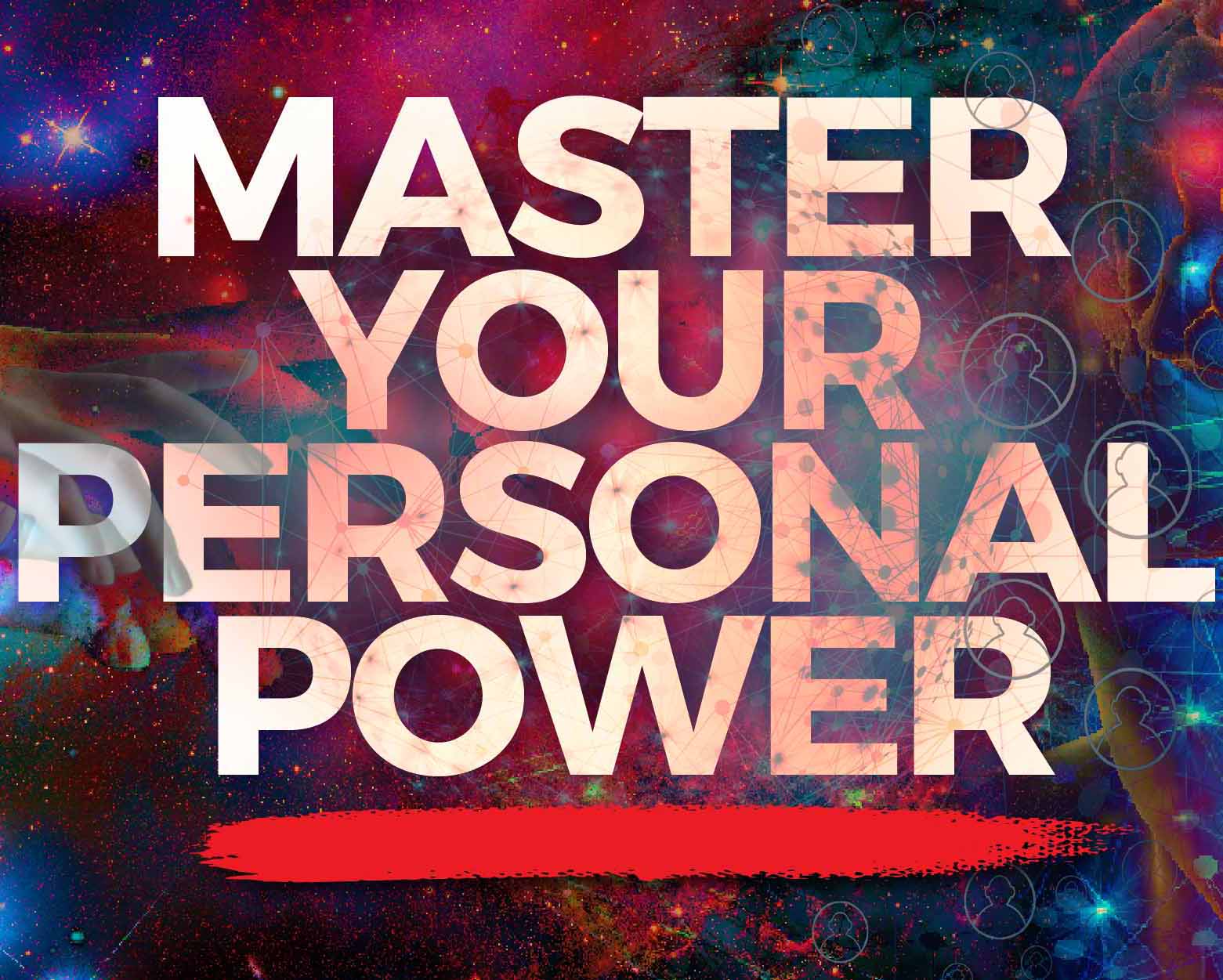How do you practice normalizing learning differences amidst the traditional box that the public education system provides your children with? In this episode of Superpower Mamas, host Laura Greco and guest Lori Baker talk about the topic of the empowered approach to normalizing learning differences. Lori shares some ways you can empower yourselves as moms as well as empower your children. Lori also shares her knowledge of how you can create an encouraging and inspiring approach that supports growth and value. Join Laura and Lori in today’s episode to know more about the empowered approach to normalizing learning differences.
Hello everyone and welcome. You’re listening to SuperPower Mommas and I am your host, Laura Greco. I’m really very excited about the topic that we have today. My friend, Lori Baker, is with me. We are talking on the topic of the empowered approach to normalizing learning differences and I am really very excited to bring this information to you. Lori actually went to college and got a degree in Psychology. However, as she was seeking a job she ended up in a career … Well, she started out anyway, teaching as a teacher’s assistant and that really transitioned her into what has now become her life passion. She is also the mom of two children herself, and so I just want to say welcome, Lori, so happy you’re here.
Laura, thank you so much for having me. It’s a great opportunity to, first of all, connect with you because you do such wonderful things, and also to be able to share with other parents some of the things that I’ve experienced in working with individuals that don’t fit the box, the traditional box that our public education system provides them with. I thank you again for letting me share my passion with your audience.
I’m very grateful. Honestly, when we talk about normalizing learning differences, I feel like this is a really important topic because our school system is set up in such a way that it’s more of an industrial … I know they make efforts but you have to fit the box in order to feel like you fit in. Yet, we have such brilliant and beautiful people who are looking for education and looking to really live into their own passions, so the work you do of course is extremely exciting and I’m so excited to share some of the tips and tools that you may have for our parents today. Let’s start the conversation and ask the question that I always ask, which is, what is your Momma superpower?
My Momma superpower. With my own kids and with the numerous, numerous kids that I’ve worked with over the years, I’ve been blessed with both those experiences, I really feel that recognizing differences, the individual differences in people is one of my superpowers; not only recognizing those differences but encouraging the individuals to take those differences and recognize them as being special to them and use them to develop the life that they choose to live.
Again, you had mentioned not fitting the box of public education. Unfortunately, that’s where a lot of kids start to feel different and that’s looked at as a negative. I have really tried to encourage students or individuals to look at that as a blessing, look at that as something to run with because those differences are what makes them unique.
Then we also have a lot of similarities. There are things that we do every day that are similar to the kid sitting next to us in school, and that’s okay too. I think it’s good to know that we do have those connections but they should not identify us, it’s the differences that need to identify us as individuals. That’s what I think my superpower is and that’s what I try to encourage with my own children also, not just my students.
Well, that is beautiful. That is such a big component because, before we got on this interview we were speaking a little bit into how labels can really, they can be so helpful in certain ways. However, those labels also become negative, right? They become, “My child has autism,” or, “Oh, my child has ADHD,” and there’s a lot to unpack when you have that kind of labeling and to really get to the core of the person. Right?
Absolutely because, again, back to the differences. An individual with ADHD … Which I have been diagnosed with ADHD as has, actually, my son, and his ADHD, and my ADHD, and little Joey or Susie’s ADHD, are not the same ADHD. They still need to pay attention to, or parents need to encourage them, to explore those differences, the strengths that they have, the interests they have as an individual, not as a label. Labels can be, they can really discourage growth because a lot of times also if someone hears that label they automatically think something about that individual which may not be the case.
A lot of ADHD kids are perfectly capable to sit in their seats and work for 45 minutes, where another young lady or young man might not be able to sit for five minutes. To have a label, be an identifier, can really be a dangerous thing. We need to really look at those individual differences that each person has.
Thank you for bringing that out. My own daughter had an IP, I have a nephew that was diagnosed with ADHD. But what I got to witness myself was the beauty in their differences.
Absolutely amazing.
The amazing things I learned from them.
Absolutely. It just popped into my head when you were saying that about another label that is used, obviously, the autism spectrum disorder. I think of the kids and adults that I have worked with and had the pleasure of knowing over the years. Again, everyone being so different, I had the honor of meeting Temple Grandin, and there’s a woman who has done phenomenal things and is well aware of her differences and celebrates her differences, her quirks as she calls them.
If she wasn’t able to take those differences and run with them, things would be quite different in the world today, in that domain of the world. It is looking, again at those … It’s using those differences to grow and contribute to the world and then feeling better about yourself as a result of that, which we all want our kids to feel good about themselves. I don’t think we could ask one mom or dad out there, “Hey, do you want your kid to feel lousy about yourself?” I don’t think the answer would be yes.
So true, so true. Lori, we have to go for a break. Before we do, I would love to have you share where people can find you because I’m sure after we get into the meat of this there’s going to be those that want to reach out.
Yes. Please feel free to reach out to me at my email, it’s [email protected].
Beautiful.
I love to hear from people and help them explore how they can assist their kids in being the best possible people they can be as well as you being the best possible parent you can be.
Exactly. Exactly. Actually, if we were all the same, right, how boring it would be.
Absolutely.
As we go into the break we’re going to be talking, of course, about the empowered approach to normalizing learning differences. We’re going to see how we can take what we might call a label and shift it into a gift. I’ll be right back.
For the best listening experience, download the Superpower Network App
Podcast: Play in new window


